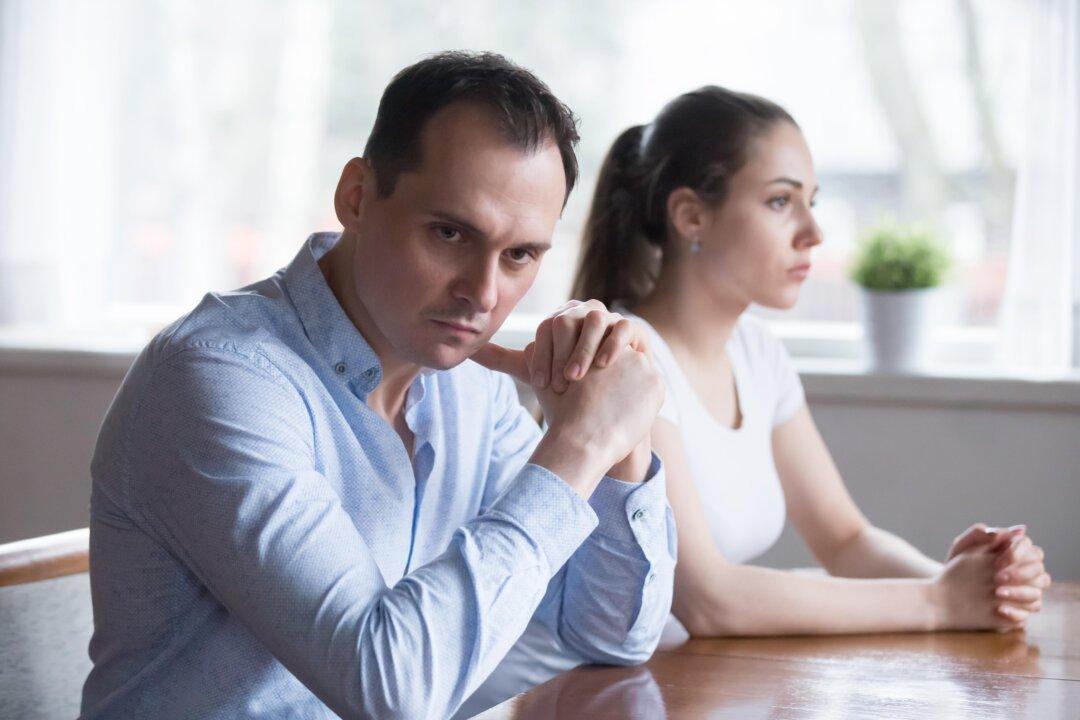Imagine that you’ve embarked on a quest to be more grateful. You dutifully journal about the happy events in your day, training your mind to see the positives. You notice and begin to appreciate all the little things your partner does for you, from brewing your morning coffee to letting you pick what movie to watch. This can only be good for your relationship, right?
According to a new study, it depends—on whether your partner is grateful, too.

